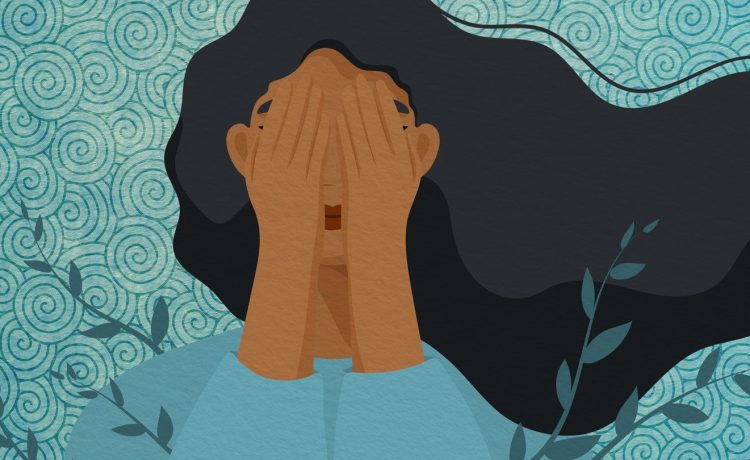Everyone has their down days when their mood feels low, or they can’t motivate themselves to do the things they need to. They might lack the enthusiasm or energy to engage with other people. This is normal and nothing to worry about as they bounce back soon enough. It can often just be down to poor sleep or having felt out of sorts or unwell. We should not confuse short periods of low mood or energy with depression which lasts for much longer periods.
Depression causes feelings of sadness, isolation, low mood and lethargy. This can cause people to withdraw socially and struggle to maintain normal everyday activities, like caring for themselves and others or coping with their work commitments. Symptoms of depression can range from mild to severe but will last for at least two weeks and in some cases can last for several weeks or months. Severe cases can result in self-harm, suicidal thoughts or attempted suicide. It affects peoples behaviours as well as causing physical and physiological symptoms that can vary in individuals.
Behavioural changes can involve:
· Spending less time with your family and friends and withdrawing from socialising
· Spending long periods in your own company and not wanting to go out
· Struggling to relax and feeling agitated or full of despair
· No longer being interested in things you used to enjoy like hobbies or sports
Physical symptoms can include:
· Feeling lethargic and lacking energy to do anything
· Having slower speech patterns and moving around slowly
· Disrupted sleep patterns or problems sleeping such as insomnia
· Having a reduced libido
· Changes to eating habits like loss of appetite or comfort eating
· Suffering from aches and pains or headaches
Psychological symptoms can result in:
· Feeling hopeless and forlorn or worthless and empty
· Having trouble focusing or concentrating on things or being forgetful and having memory lapses
· Feeling restless and anxious and struggling to relax
· Lacking confidence and struggling with self-esteem or have feelings of low self-worth
· Feeling sad and finding yourself crying without knowing why
· Finding you feel irritable, frustrated or angry over the slightest things
· Struggling with feelings of guilt, feeling like you want to harm yourself or have thoughts of taking your own life
Having depression can feel like it’s taking over your life, as it can have a negative effect on your work, social and family life. It can put a strain on your personal relationships as your partner can feel pushed out when you withdraw into yourself.
When to see a doctor
If you are struggling with depression and it’s affecting your ability to function and has lasted more than two weeks you should see your doctor. They can rule out any underlying physical condition that can be causing you to feel depressed such as, thyroid problems, lupus, diabetes, B12 deficiency or chronic pain. They can prescribe medication to help in the short term as well as recommending you see a therapist.
Therapy can help you to recognise and overcome depression caused by past trauma or abuse, as well as working through things like the loss of a home or job, or the end of a relationship that may be the root cause. Written by Jan, Jeana and Wendy at Barnsley Hypnosis and Counselling (UK). For more free information click above link.
Deepti is a young and enthusiastic writer who is currently pursuing PGPM from ICFAI Business School. Along with this, she is a freelance content writer who thinks pen has the power to change the world.













